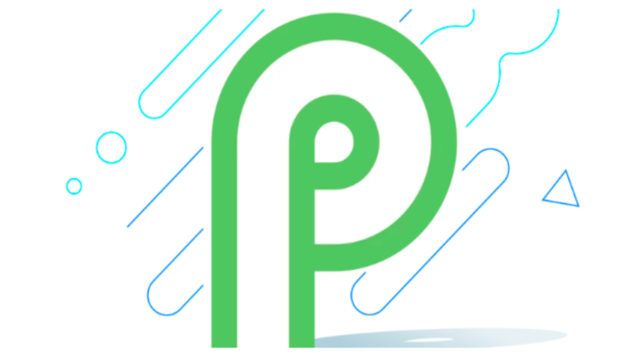 |
| Android P |
A
bout a month ago Google released the second public beta for Android P, and now it has launched the third one. Starting yesterday, Android P Beta 3 is now available for developers and those eager to taste the latest dessert.
Dave Burke, VP of Engineering at Google said that Developer Preview 4 is supposed to be the “near-final” look of the newest OS version that is due later this summer.
Android P Beta 3 brings optimizations for stability, latest bug fixes, security updates for July 2018 along with other features like a manual dark theme switch, new icons, and added animations.
This iteration of the upcoming OS is crucial for developers because system behaviors and APIs are almost finalized. So now they can start building and testing their apps for the new software.
System tools like multi-camera support, enhanced notifications, display cutout, ImageDecoder, TextClassifier and others are now available for developers.
In case you are a developer, or you simply want to try the new OS, you can get Android P Beta 3 by enrolling with Google. If you are already running the second beta on a Pixel device, it will get the update automatically.
For those who have questions regarding Android P can get it answered by the Android engineering team in a Reddit AMA at r/androiddev on July 19 from 11:30 am to 1 pm (Pacific).
YOU MAY ALSO LIKE:
Comments
Post a Comment